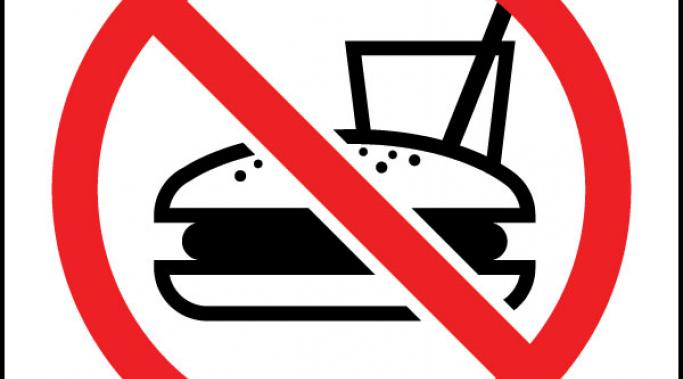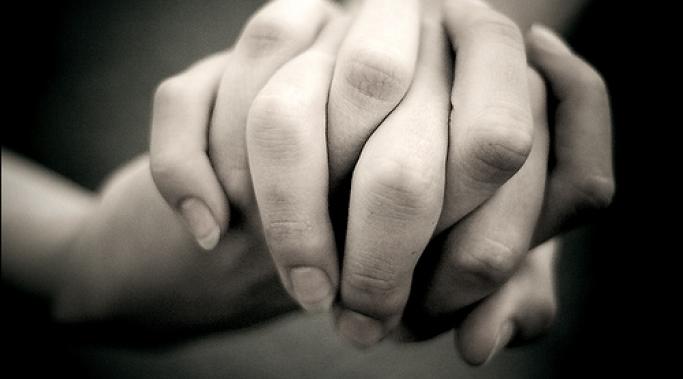One of the strangest, and most dangerous, symptoms of an eating disorder is "not wanting to recover." Parents panic or get understandably angry when their child denies being ill, hides the eating disorder behaviors, and lashes out at anyone trying to help. We see a horrible illness that is sapping the life and personality from a beloved child - yet they seem to embrace it. What can parents do when a son or daughter says "I'm not ill and I don't want to get better?"
parenting - Eating Disorder Recovery
My friends on the Around The Dinner Table online forum are talking about something that comes up so much: what should parents be eating?
Many books I find helpful in dealing with eating disorders aren't about eating disorders. Watch this video for ideas on literature that helps with eating disorders even though it doesn't intend to do it.
Half asleep on Easter morning, I was drifting in my mind through the classic picture book, The Runaway Bunny.
It's appropriate for Easter and for eating disorders. This story of persistent and firm parenting despite spirited attempts at independence from a child was meaningful when I read it to my young children, but means far more to me now as I watch countless families negotiate parenting during eating disorder recovery.
I was in London earlier this month for the Eating Disorders International Conference held by b-eat, the largest eating disorders charity in the UK. The event gave me the opportunity to see eating disorder treatment from two perspectives: my own, and the one faced by families in England. I came away feeling the chasm between science and practice is just as deep on both sides of the pond, but the content is different.
I've noticed that parents react to a child's eating disorder diagnosis with a range of emotions: fear, anger, annoyance, optimism, hope, even humor. Unfortunately, mothers and fathers don't usually respond with the same emotion at the same time. One parent's fear can lead to withdrawal, the other spouse may instinctually move in to protect.





